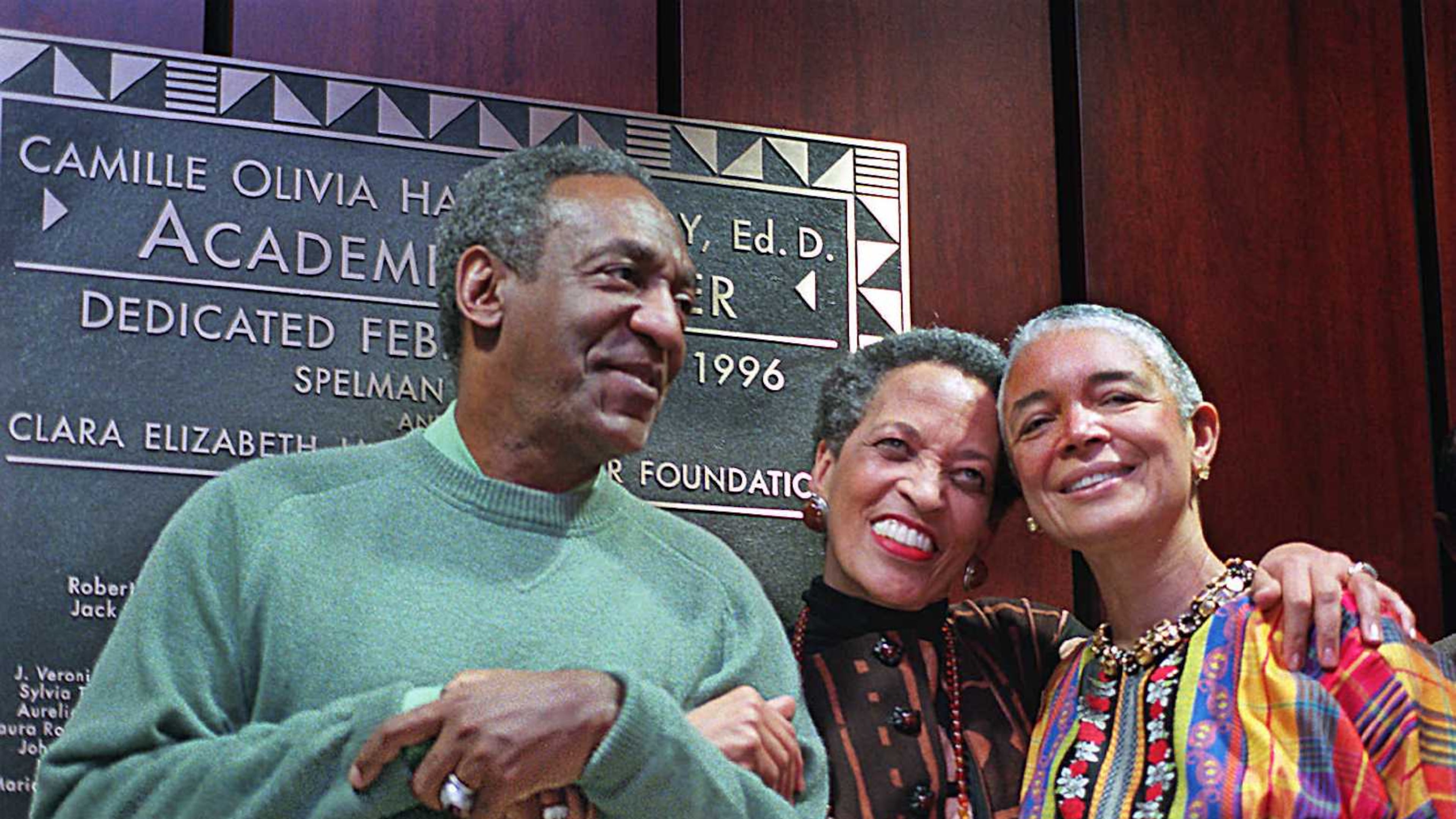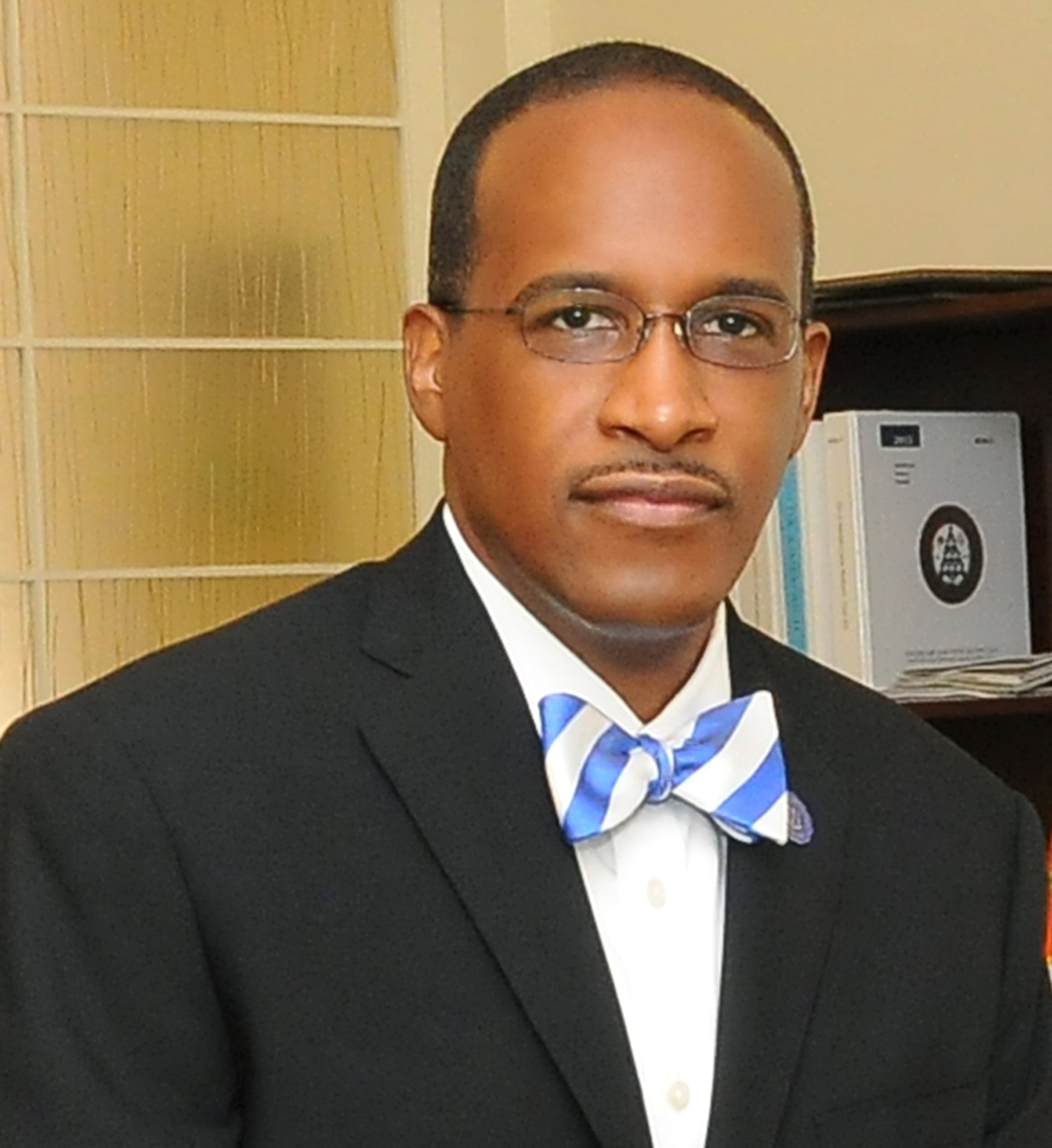Opinion: Bill Cosby holds record for gift to a HBCU. That’s a shame.

A native of Atlanta, Walter Kimbrough became president of Dillard University in New Orleans in 2012.
Today, Kimbrough writes about the students at Dillard, who are often first-generation college attendees for whom financial aid is critical. Kimbrough says the contribution to student success by Dillard and other HBCUs needs to be recognized and supported.
But he says philanthropy continues to flow to wealthy institutions that serve few black or low-income students. The $20 million gift to Spelman College by comedian Bill Cosby in1988 still remains the largest ever to a HBCU.
In this guest column, Kimbrough says that is a shame.
Kimbrough earned degrees from the University of Georgia, Miami University in Ohio and a doctorate in higher education from Georgia State University. He worked at Emory University, Georgia State, Old Dominion University, and Albany State.
By Walter Kimbrough
On Nov. 4, my son turned 10. Reaching double digits is a pretty big deal for kids. But Benjamin’s birthday is notable from a historical perspective. He was born on the day that Barack Obama was elected president. While he was born around 2:30 p.m. that afternoon, we felt Obama would win so Benjamin’s middle name, Barack, helped mark that day in history. He was, as far as we can tell, the first baby born that day with some part of Obama’s name in their name.

But Nov. 4 also reminded me of another historical event, one that should be a shame on this nation because we have not erased it from history. At a banquet on the night of Nov. 4, 1988, Johnetta Cole, as part of her inauguration as president of Spelman College in Atlanta, announced that Spelman was receiving a gift of $20 million from William H. Cosby. Spelman is a high performing, all-woman historically black college.
This was historic because Cosby’s gift was the largest private gift given to a Historically Black College and University, and covered by major media outlets. The gift was on the heels of the success of “The Cosby Show” spin-off, “A Different World,” which, in 1987, began to tell stories from the fictional HBCU Hillman College. That show continues to influence students today to attend black colleges, even in syndication.
The tragedy is that 30 years later this is still the largest gift ever given to a HBCU. As Cosby’s legacy has crumbled before our eyes, and dozens of colleges and universities pulled honorary degrees with performed moral indignation, no one has tried to erase this record.
HBCUs continue to disproportionately educate students with the most financial need. Where about 35 percent of all college students come from families that qualify for the federal Pell Grant (earning roughly $40,000 a year or less), two-thirds of HBCU students are from Pell families.
At Dillard, where I am president, it is over 75 percent.
Financial need is a predictor of college success. Jeff Selingo writes that students from families earning $90,000 a year or more have a one in two chance of having a bachelor's degree by age 24. For those coming from families earning $35,000 a year or less, the chance is one in 17. Six percent.
According to a Pew study, blacks earned only 65 percent of what whites did in 2016. Forbes noted that for every $100 in white family wealth, black families held $5. Further, the Hill reported that, while almost one in five US households have zero or negative wealth, it is 30 percent for black households.
This is who we serve.
Sadly, philanthropy continues to fund wealthy institutions that rarely serve black or Pell students. In reviewing the Chronicle of Philanthropy for 2017, 42 institutions received gifts of at least $20 million, with a largest gift being $500 million to UC San Francisco.
Note that this one-time gift is larger than the endowments of every HBCU except for one. In 2017, there were 462 gifts of $1 million or more to higher education. HBCUs received just two of them, the largest a $1.6 million bequest to Tuskegee University.
Two of 462 gifts or 0.4 percent.
Of the top 50 gifts in 2017, the enrollments of recipient schools were less than 6 percent black and 21 percent Pell, both below national averages. Only five of the schools were at or above the national average for Pell.
Some argue that giving to HBCUs is not a good investment, assuming these are low-performing institutions (and not factoring in the impact of family finances). But recent research strongly debunks those claims.
The 2015 Gallup-Purdue study indicated that black college grads had an edge in well-being over non-HBCU grads. KIPP released a study this past April indicating that institutions should mirror the work of HBCUs where the students felt more affiliation with the institution, including better academic outcomes.
Finally, a new study, entitled "Degree Attainment for Black Students at HBCUs and PWIs: A Propensity Score Matching Approach," found that HBCU students are between 6 and 16 percent more likely to graduate within six years than those attending white institutions. (PWI stands for predominantly white institution.)
The only honor no one has tried to remove from Cosby is this 30-year-old record, a gift of $20 million given thousands of times since 1988 to other colleges and universities.
As I wrestle with a tuition increase needed to better serve students that don’t need a tuition increase, I know that a gift today of $25 or $30 or $50 million could start a new fund to close the need gap of students. It could go to a new residence hall that would generate income that could support students. Creatively, it could help endow our advancement operations, so we could raise additional money.
A gift to Dillard or any HBCU is true philanthropy, a gift that will benefit those with great promise and great need.
I’ll always see Nov. 4th as an important day. But I’d really like to erase Cosby from its significance.

